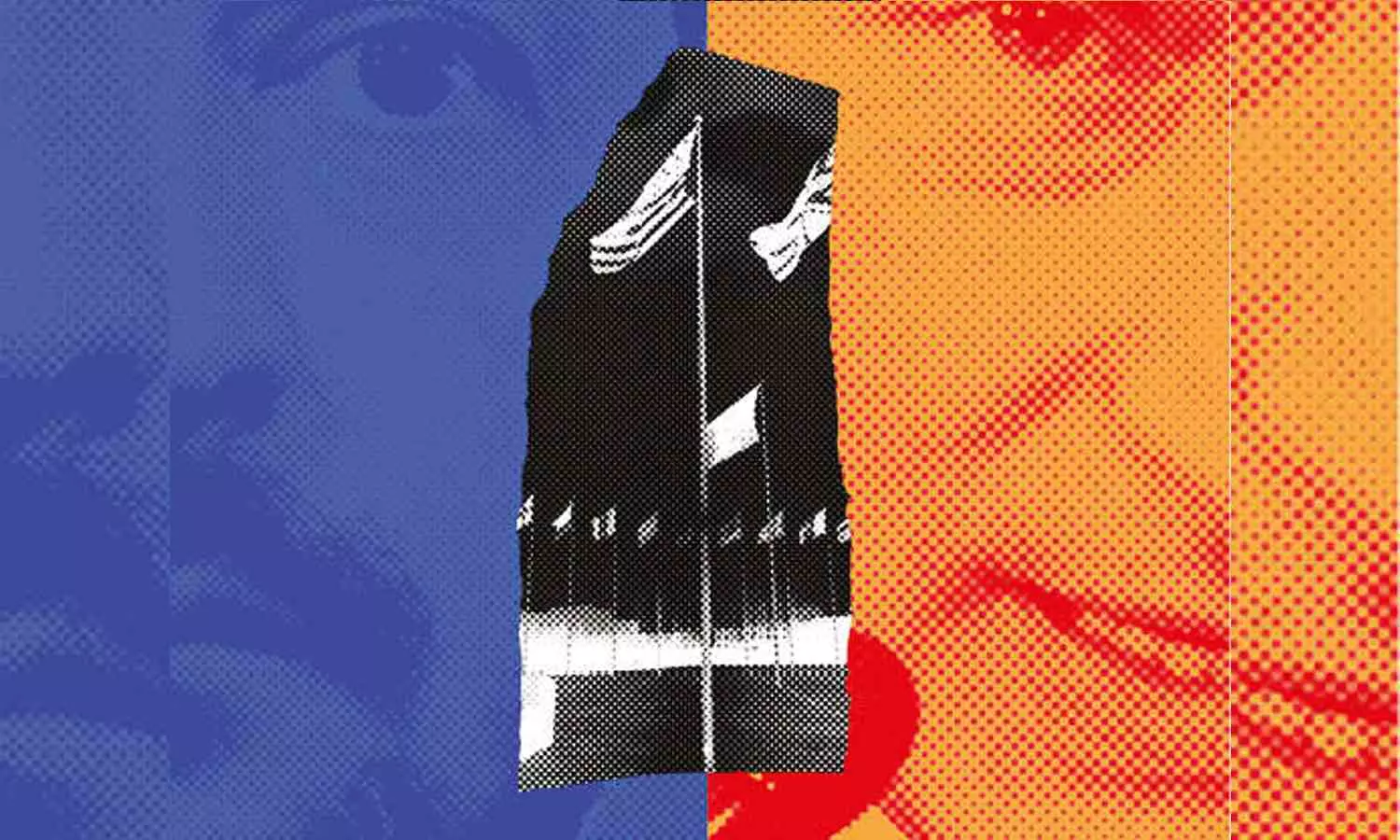What the West tells itself about Kyiv
After the 9/11 attacks, the United States decided the Taliban government in Afghanistan was as culpable as the Qaeda terrorists who struck America.;

By STEPHEN WERTHEIM
Sometimes the stories we tell to win the war help us lose the peace. After the 9/11 attacks, the United States decided the Taliban government in Afghanistan was as culpable as the Qaeda terrorists who struck America. It then spent 20 years trying to keep the Taliban entirely out of power, only to cede the whole country to them. The story we are telling ourselves today about the war in Ukraine runs its own risk. Since Russia invaded Ukraine last year, the debate in Western capitals about the origins of the conflict settled on one leading cause: Russia took up arms exclusively out of aggressive and imperialistic drives, and Western policies, including the years-long expansion of NATO, were beside the point.
When NATO weighs Ukraine’s prospects for membership at its summit in Vilnius, Lithuania, next month, it must recognize that the war has more complex causes than this popular narrative suggests. Without question, Russia is committing horrific, inexcusable aggression against Ukraine, and imperialist attitudes in Moscow run deep. But partly because of those attitudes, Russia’s leaders are also reacting to NATO’s expansion. Folding Ukraine into the alliance won’t end that impulse, even with U.S. backing and the nuclear guarantee it brings. Ukraine’s best path to peace is to be well armed and supported outside NATO.
Since the invasion, a chorus of current and former U.S. officials has insisted that, as a former ambassador to Russia, Michael McFaul, tweeted, “This war has nothing to do with NATO expansion.” In their account, the invasion emanated chiefly from motives internal to Russia. In one version, Putin the Autocrat seeks to destroy the democracy on his doorstep, lest ordinary Russians demand freedom themselves. In another, Putin the Imperialist wants to restore the Russian empire by annexing territory. Either way, the West’s actions played little part.
It’s hard to imagine that future historians will be so simplistic. Even tyrants do not act in a vacuum. Invading Ukraine, the second-largest country in Europe by land area, entailed enormous costs and risks for Putin. Before attacking Kyiv, he spent more than two decades as Russia’s leader, tacking toward the West and then against it. The dismissal of any Western role reeks of what psychologists call the fundamental attribution error: the tendency to ascribe the behavior of others to their essential nature and not the situations they face.
Ample evidence suggests that enlarging NATO over the years stoked Moscow’s grievances and heightened Ukraine’s vulnerability. After the Cold War ended, Moscow wanted NATO, previously an anti-Soviet military alliance, to freeze in place and diminish in significance. Instead, Western countries elevated NATO as the premier vehicle for European security and began an open-ended process of eastward expansion. Even though, as the former secretary of state Madeleine Albright noted, the Russians “were strongly opposed to enlargement,” the United States and its allies went ahead anyway, hoping differences would smooth out over time.
Time instead had the opposite effect. While NATO claimed to be directed at no state, it welcomed new entrants that clearly — and understandably — sought protection against Russia. Russia, for its part, never stopped claiming a “zone of influence ” over the former Soviet space, as President Boris Yeltsin baldly stated in 1995. Though Ukraine did not initially seek NATO membership after gaining independence in 1991, that calculus pivoted in the early 2000s, especially after Russia meddled in Ukraine’s presidential elections in 2004. That year, NATO took in seven new members, including the three Baltic States, leaving Ukraine in a narrow band of nations caught between the Western alliance and a bitter ex-empire.
Wertheim is a writer on US foreign policy
The New York Times

